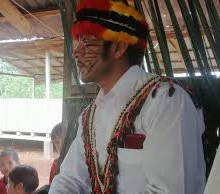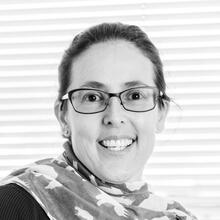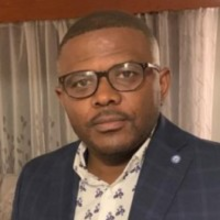Data+: Reframing the Role of Data in Addressing Environmental Challenges
Saturday, February 20, 2021 - 9:45am to 11:00am
Zoom URL TBD
Panel
Panel 3 Presentations
Data+: Reframing the Role of Data in Addressing Environmental Challenges (1 hr 15 min)
Break (15 min)
Panel Discussion + Q&A (45 min)
Data - especially the ubiquitous Big Data - has become critical to measuring the environmental, public health, and justice implications of environmental crises. We seek to understand the role of data and how it is mobilized for the monitoring, enforcement, management, and advocacy of environmental challenges (e.g. illegal logging, exploitative resource extraction in tropical forests etc.). Specifically, we are interested in exploring the following questions:
- How do shifts in spatial scale of data influence the effectiveness of data to support and enact change? In what ways can data help us understand issues at different spatial scales? (“Are there certain instances where data has worked against your objectives?”)
- How are scientists, policymakers, advocates, and community organizers using data to achieve their goals?
- How can disciplines and their communication platforms help frame/reframe data to maximize its use and relevance?
- How can data engender relatability and help audiences/stakeholders engage with the opportunities and challenges of an environmental issue?



